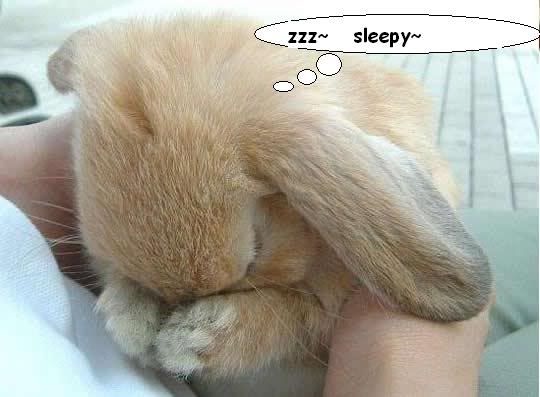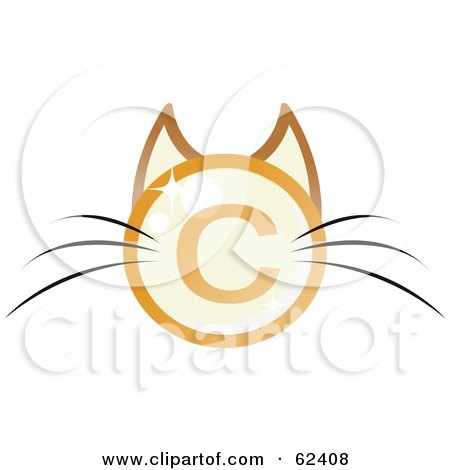Doctionary - like the Chiptionary, only with Doc, and the Chiptionary is like the Dictionary, only Chip's version.
Chip was the handbell choir director at the church, the man who taught me basically everything I know about handbells and whom I took over the groups from when his health got bad. He has this funny way of twisting words, adding lots of -ossinations and who knows what else. Nobody has figured out how he comes up with this stuff, but we call it the Chiptionary. I think Doc has caught the fever.
Back in March (I know, I'm so behind. I write stuff down at least 3x a week but I don't have time to blog about them, or I want to get enough of them to survive the summer drought...so yeah...forgive me on the slow updates here), Doc was rehearsing a piece, of course, what else do we do in wind ensemble? haha. Anyway...he unexpectedly added to the Chiptionary:
"What did we learn here horns, huh? You hold that half note all the way to beat three. Way too much gapossinationing!"
I about fell out of my seat trying not to laugh. I don't think Doc realized who he's stealing that from, but it made me all the more happy. I told Chip about it when I saw him a few weeks ago, and he was either pleased to have his legacy continue, or completely flabbergasted about how Doc came up with that one.
Good times.
Or, in another example, Doc uses the special instrument talk, that only certain musicians understand. Say, for instance, if you said "Use the pancake!" Most people would assume you were talking about those fluffy little circles of deliciousness that go with any topping and any meal of the day - especially when it's your grandmother's secret handed-down-for-generations recipe of AWESOMENESS (Sorry, I have a pure Southern Grandmother who's cooking is better than Paula Dean's, just as unhealthy, but whose ingredients must never be shared outside the family. I miss home. *sigh*) - and wondering how on earth a pancake could help you get out of a music problem. However, if you told me, a bassoonist, to "Use the pancake!" I would automatically know you were talking about the smooth right thumb key that is like a large circle, which we call the pancake key (It's also known as the E key, but I mean come on, how boring is that? I'd much rather think about food every time I handle my instrument. YUM.).
However, Doc was talking to the trumpets this time, not to me, sadly. XD
"Not bwah bwah bwah *hand motion of two jellyfish separating horizontally*. Throw darts on that! You're playing on a what, Bach 5 1/2? Play like you're on a Bach 7 instead." Most of the students gave him a quizzical look. What on earth was he talking about?
But instead of explaining, Doc just qualified his choice: "This is the language he understands, guys."
Aside: for the record, Bach whatever-numbers are well-known trumpet mouthpieces. The numbers and letters refer to elements of the mouthpiece that effect not only the ease to which a sound can be produce, but also the type of sound typically produced. The lower numbers tend to be best for beginners and they allow for ease of sound production, but should be replaced quickly whenever a student's embouchure (mouth position) strengthens as the produced tone is usually weak. The highest number, 7, is the deepest, which, according to a mouthpiece guide, "produces a colorful, liquid tone which is uniform over the entire scale." It tends to be the most focused and gives the greatest range in volume, which was assuredly what Doc was referring to in his minor berate. Obviously, depending on the instrument and your individual style of playing, whatever number works best for your instrument to give you the most preferred sound and tone is the mouthpiece you should use. I only know what little I do because of my lovely Brass Methods course where I learned to play the trumpet and the trombone (and the tromboon, yay!). Thanks Doc. :-)
And for the final quote of the day, we go back to a lovely February moment.
Sometimes, when Doc doesn't feel like using the Chiptionary, or the instrument language, he just creates his own.
He was talking to the suspended cymbal player.
"Let it scoutch a little more."
Yes, scoutch. It was like a mix between scootch like "scootch over on the couch, will ya?" and the dipthong "Ow" with that o-u sound.
Doc thought for a moment. "Scoutch. Like, let it ring, yeah."
And all I could think of was, "Scoutch? Always wanted a scoutch."
Hobey-ho!
 *Roger composed the music and Hammerstein wrote lyrics for some of the most loved musicals/movies such as Sound of Music, The King and I, Oklahoma!, and Cinderella. They are often referred to as the men who initiated the Golden Age of musical theatre. Together they generated over 34 Tony Awards, 15 Academy Awards, the Pulitzer Price and 2 Grammys.
*Roger composed the music and Hammerstein wrote lyrics for some of the most loved musicals/movies such as Sound of Music, The King and I, Oklahoma!, and Cinderella. They are often referred to as the men who initiated the Golden Age of musical theatre. Together they generated over 34 Tony Awards, 15 Academy Awards, the Pulitzer Price and 2 Grammys.











